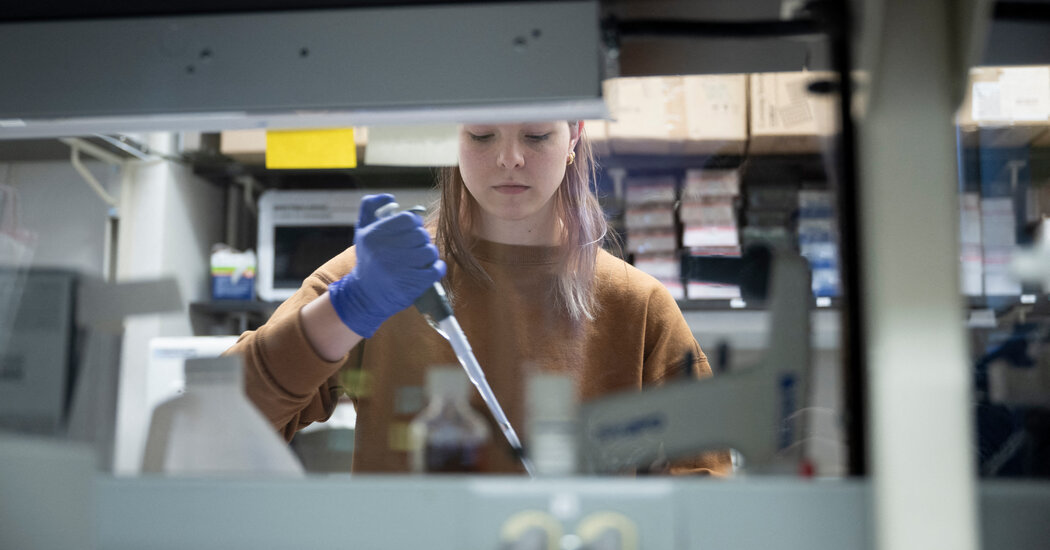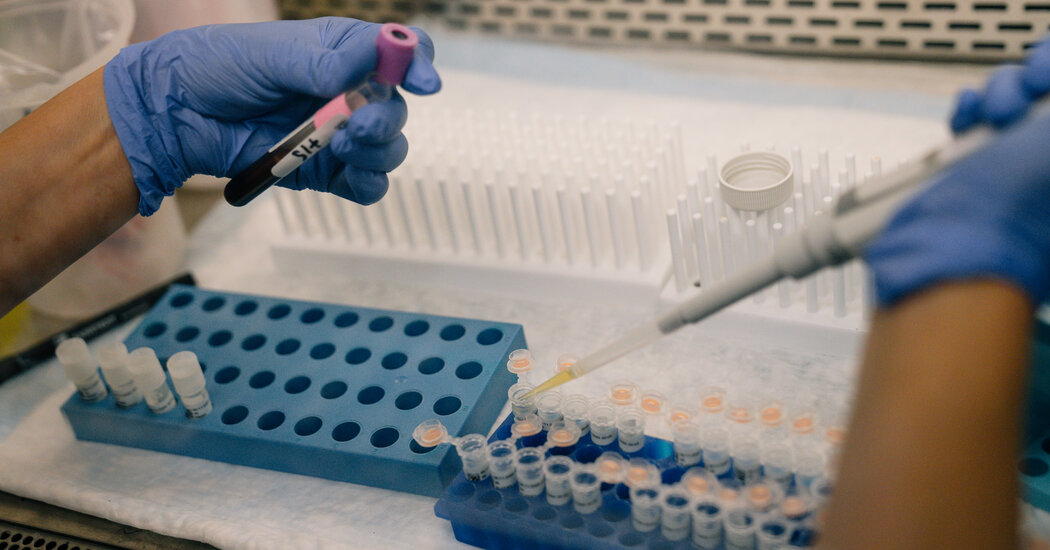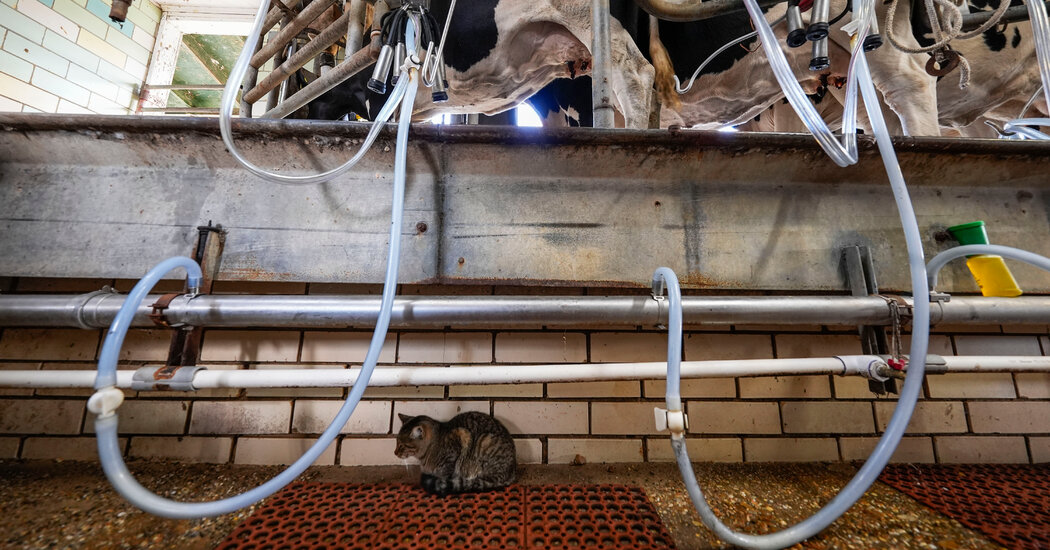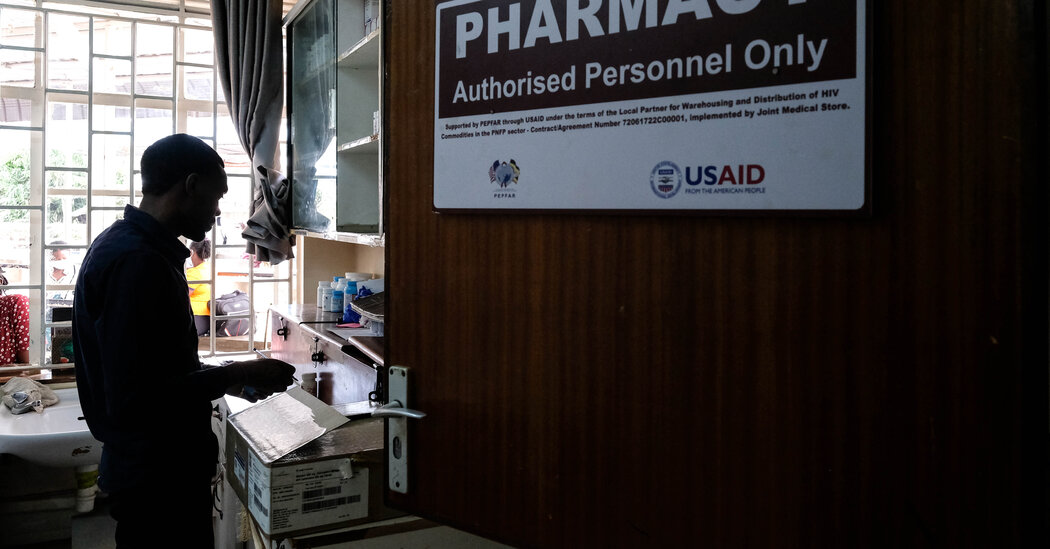As the U.S. Exits Foreign Aid, Who Will Fill the Gap?
China could reap the soft-power advantage, but like Western governments, the country is cutting back on aid. Philanthropies say they cannot replace the United States.As the reality sets in that the United States is drastically diminishing its foreign assistance to developing countries, an urgent conversation is starting among governments, philanthropists, and global health and development organizations.It is centered on one crucial question: Who will fill this gap?Last year, the United States contributed about $12 billion to global health, money that has funded treatment of H.I.V. and prevention of new infections; children’s vaccines against polio, measles and pneumonia; clean water for refugees; and tests and medications for malaria. The next largest funder is the Gates Foundation, which disburses a fraction of that amount: its global health division had a budget of $1.86 billion in 2023.“The gap that has been filled by the U.S. cannot be easily matched by anybody,” said Dr. Ntobeko Ntusi, the chief executive of the South African Medical Research Council.U.S. assistance has been channeled through the United States Agency for International Development, or U.S.A.I.D., which the new Trump administration has largely dismantled, and other government agencies, including the National Institutes of Health, which is also facing substantial cuts in health research grants.Many people are suggesting that other countries, particularly China, could move into some of the areas vacated by the United States, Dr. Ntusi said. Others are making urgent appeals to big philanthropies including the Gates Foundation and Open Philanthropy.We are having trouble retrieving the article content.Please enable JavaScript in your browser settings.Thank you for your patience while we verify access. If you are in Reader mode please exit and log into your Times account, or subscribe for all of The Times.Thank you for your patience while we verify access.Already a subscriber? Log in.Want all of The Times? Subscribe.
Read more →







